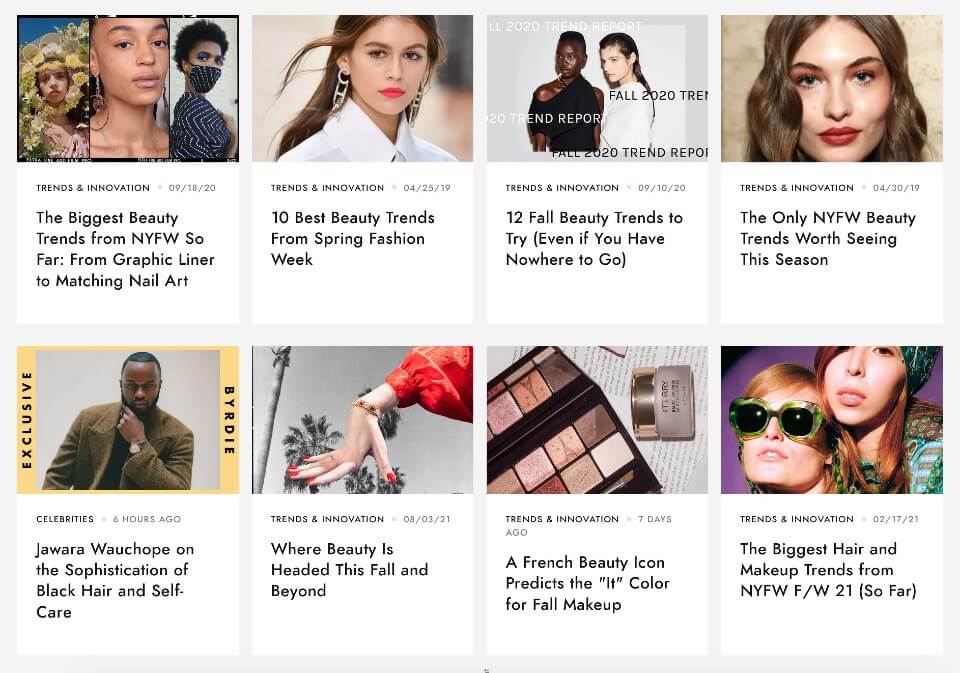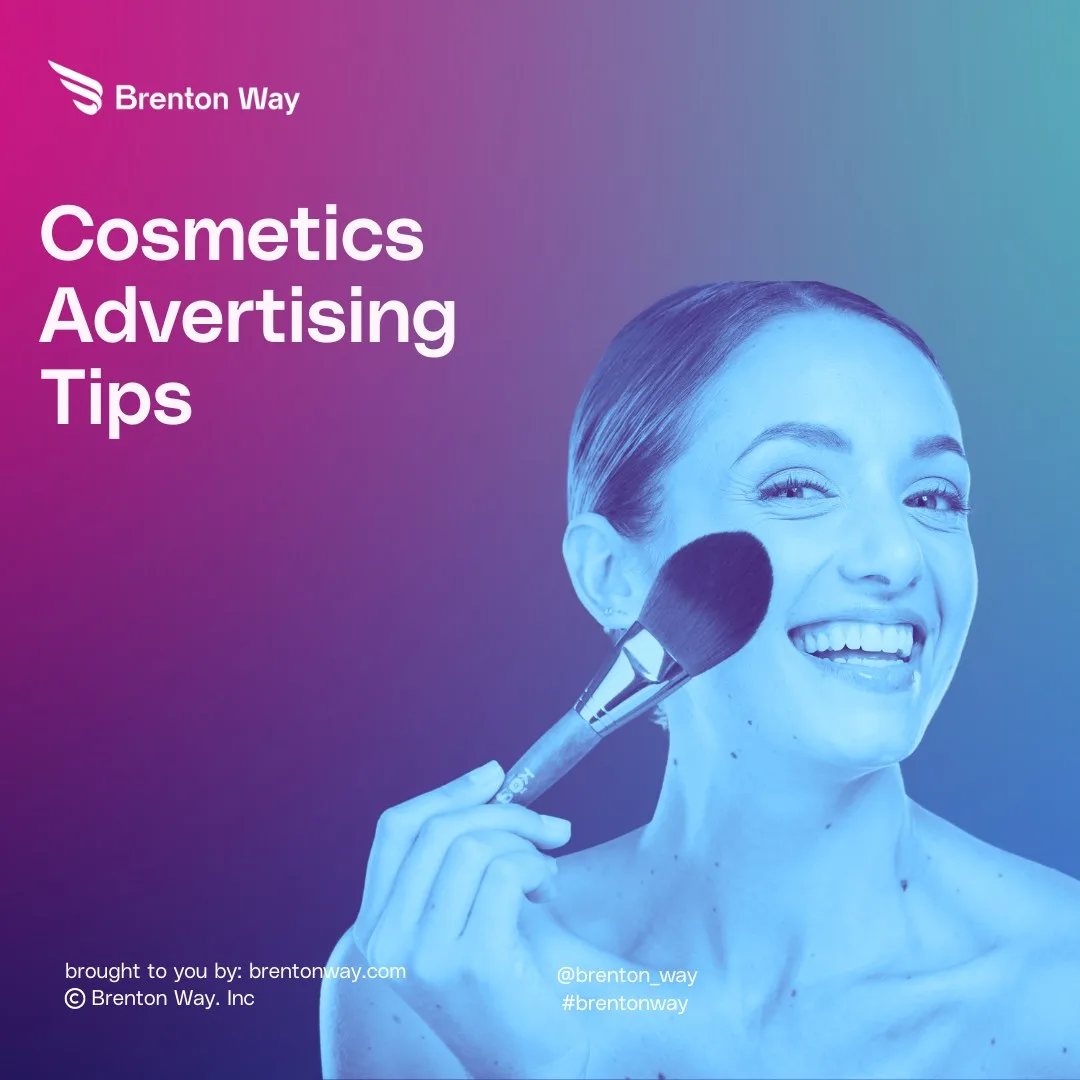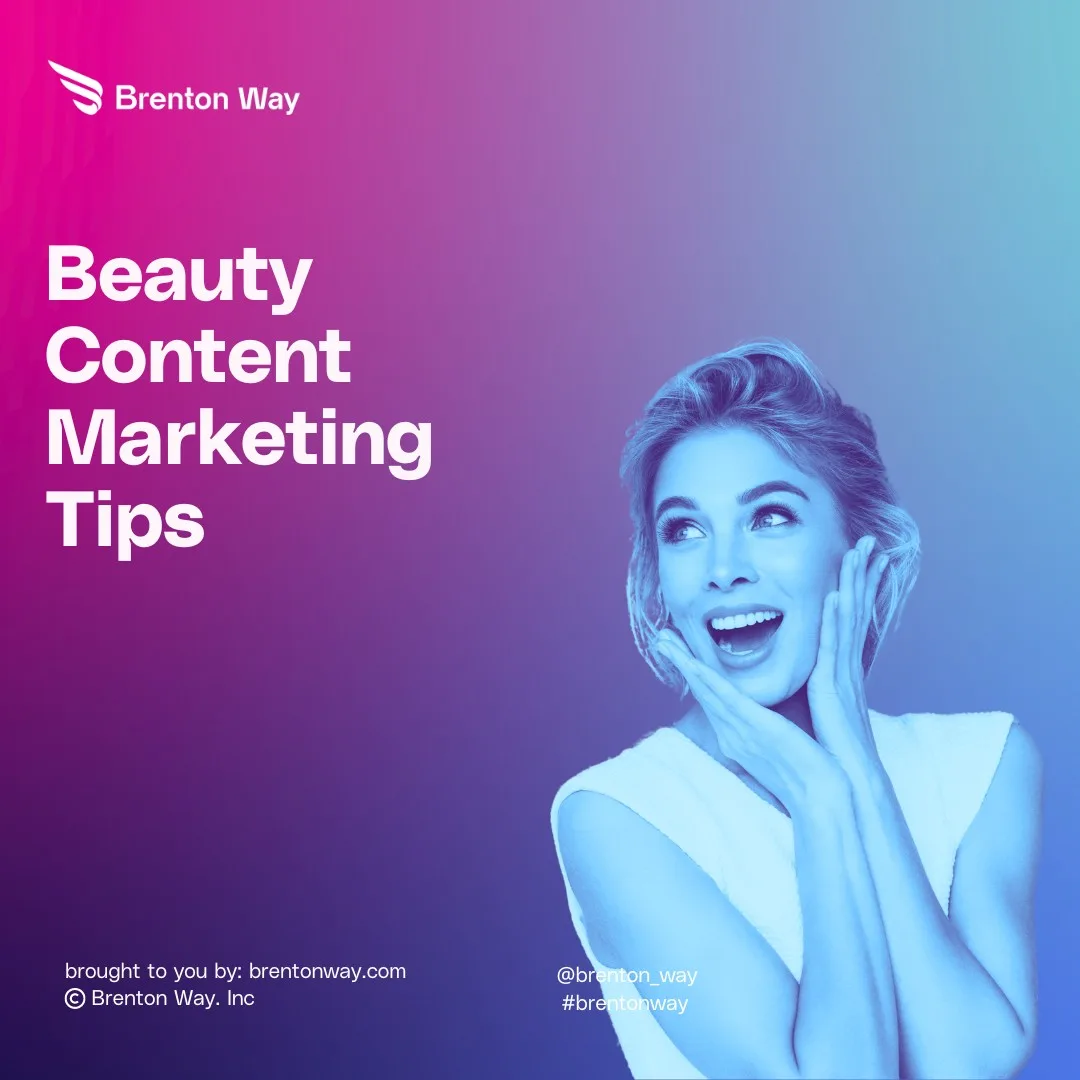Advanced Content Marketing Approaches in Cosmetics
The cosmetics industry is at the forefront of digital innovation, leveraging advanced content marketing strategies to engage, convert, and retain customers in a highly competitive landscape. Below is a breakdown of the most effective and forward-thinking approaches currently shaping the sector.
Hyper-Personalization with AI and AR
- AI-Driven Personalization: Leading brands use advanced AI algorithms to deliver custom product recommendations, personalized tutorial videos, and tailored email campaigns, creating a sense that each product is made specifically for the individual consumer. This hyper-personalization not only boosts engagement but also significantly increases conversion rates.
- Augmented Reality (AR): AR tools allow consumers to virtually try on makeup and skincare products, offering a risk-free, immersive experience that bridges the gap between online browsing and in-store testing. This technology is especially effective for Gen Z and Gen Alpha audiences, who expect seamless, tech-integrated shopping experiences.
- Custom Formulations: Some brands now offer personalized skincare and makeup formulations based on individual skin analysis, further deepening consumer loyalty and satisfaction.
User-Generated Content (UGC) and Authenticity
- Real-Life Demonstrations: UGC, such as before-and-after transformations and real-user tutorials, builds trust by showcasing products on diverse skin tones and features. This authenticity resonates more deeply than traditional, airbrushed advertising.
- Platform-Specific Content: Effective UGC strategies vary by platform—quick, trend-focused tutorials on TikTok, mid-length hacks on Instagram Reels, and in-depth reviews on YouTube. Encouraging and rewarding high-quality, authentic content from users amplifies reach and credibility.
- Community Building: Brands that foster communities around their products—through hashtag challenges, influencer collaborations, and interactive social campaigns—create loyal advocates and organic word-of-mouth marketing.
Omnichannel Storytelling and SEO
- Seamless Brand Narratives: Successful cosmetics brands craft cohesive stories across all channels—blogs, social media, email, and in-store experiences—to build a unified brand identity. For example, Glossier and Sephora excel at blending high-quality visuals with relatable storytelling that highlights product diversity and inclusivity.
- SEO Optimization: Beyond keyword-rich blog posts, SEO now encompasses video content, product reviews, and optimized web pages. Brands like Fenty use makeup tutorials and application tips to improve search visibility and drive organic traffic.
- Content Variety: A mix of educational blogs, video tutorials, influencer partnerships, and email nurturing flows ensures that brands meet consumers at every stage of their journey, from discovery to loyalty.
Data-Driven and Influencer Marketing
- Performance Analytics: By analyzing engagement rates, conversion data, and audience demographics, brands can refine their content strategies, allocate budgets effectively, and identify the most impactful influencer partnerships.
- Micro-Influencer Campaigns: Collaborating with micro-influencers who have highly engaged, niche audiences often yields better ROI than traditional celebrity endorsements, as their followers perceive their recommendations as more authentic.
- Targeted Social Advertising: Precision-targeted ads on platforms like Facebook and Instagram allow brands to reach specific demographics with persuasive content such as product demos, testimonials, and before-and-after visuals.
Sustainability and Inclusivity
- Eco-Conscious Narratives: As consumers, especially younger generations, prioritize sustainability, brands that integrate eco-friendly practices and transparent sourcing into their content marketing gain a competitive edge.
- Inclusive Representation: Showcasing products on a diverse range of skin tones, ages, and genders not only reflects societal values but also meets consumer demand for authenticity and relatability.
Emerging Formats and Channels
- Short-Form Video: Platforms like TikTok and Instagram Reels are ideal for viral, trend-driven content that showcases quick beauty hacks and new product launches.
- Interactive Content: Polls, quizzes, and live Q&A sessions engage audiences in real time, fostering a sense of community and immediacy.
- Email Loyalty Programs: Personalized email campaigns that offer exclusive tips, early access, and rewards help nurture long-term customer relationships.
Key Takeaways
| Strategy | Description | Example Brands |
|---|---|---|
| AI & AR Personalization | Custom recommendations, virtual try-ons, tailored experiences | Ulta Beauty, Perfect Corp |
| UGC & Authenticity | Real-user content, diverse representation, community challenges | Fenty, Glossier |
| Omnichannel Storytelling | Unified narratives across digital and physical channels | Sephora, Drunk Elephant |
| Data-Driven Marketing | Analytics-guided content, micro-influencer partnerships, targeted ads | Olay, Sunday Riley |
| Sustainability & Inclusivity | Eco-friendly messaging, diverse product showcases | Fenty, Drunk Elephant |
Advanced content marketing in cosmetics is defined by hyper-personalization, authenticity, data-driven decision-making, and a commitment to inclusivity and sustainability. Brands that master these approaches not only capture attention but also build lasting loyalty in a rapidly evolving market.





